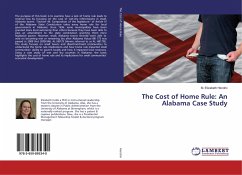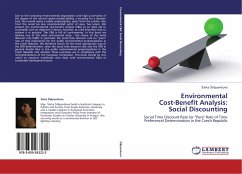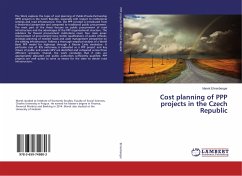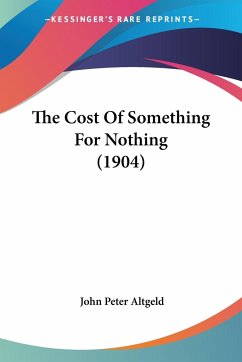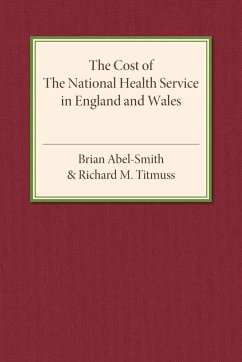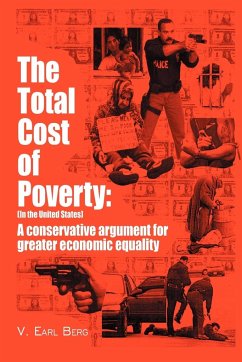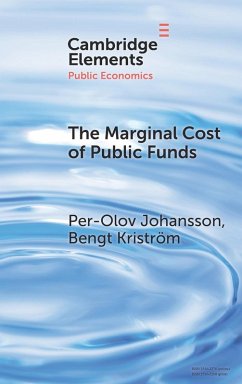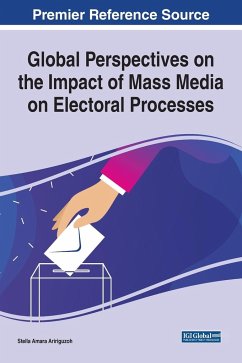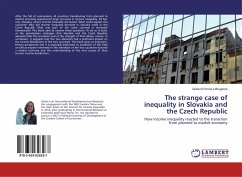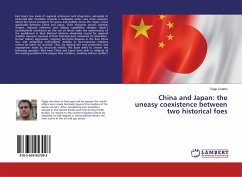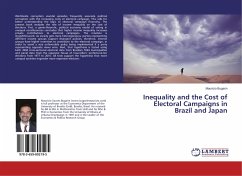
Inequality and the Cost of Electoral Campaigns in Brazil and Japan
Versandkostenfrei!
Versandfertig in 6-10 Tagen
36,99 €
inkl. MwSt.

PAYBACK Punkte
18 °P sammeln!
Worldwide corruption scandal episodes frequently associate political corruption with the increasing costs of electoral campaign. This calls for better understanding the logic of electoral campaign financing. The present book analyzes the role of income inequality on the cost of elections. First, a game-theoretic, political economy model of voting in unequal constituencies concludes that higher income inequality increases private contributions to electoral campaigns. The intuition is straightforward. As society gets more heterogeneous, parties representing different income groups support diverg...
Worldwide corruption scandal episodes frequently associate political corruption with the increasing costs of electoral campaign. This calls for better understanding the logic of electoral campaign financing. The present book analyzes the role of income inequality on the cost of elections. First, a game-theoretic, political economy model of voting in unequal constituencies concludes that higher income inequality increases private contributions to electoral campaigns. The intuition is straightforward. As society gets more heterogeneous, parties representing different income groups support divergent policies; therefore, interest groups have higher incentives to contribute to the electoral campaign, in order to avoid a very unfavorable policy being implemented if a party representing opposite views wins. Next, that hypothesis is tested using both 2004 cross-sectional electoral data from Brazilian 5564 municipalities and panel data from the Japanese House of Councillors' prefectural-tier elections from 1977 to 2010. All tests support the hypothesis that more unequal societies engender more expensive elections



